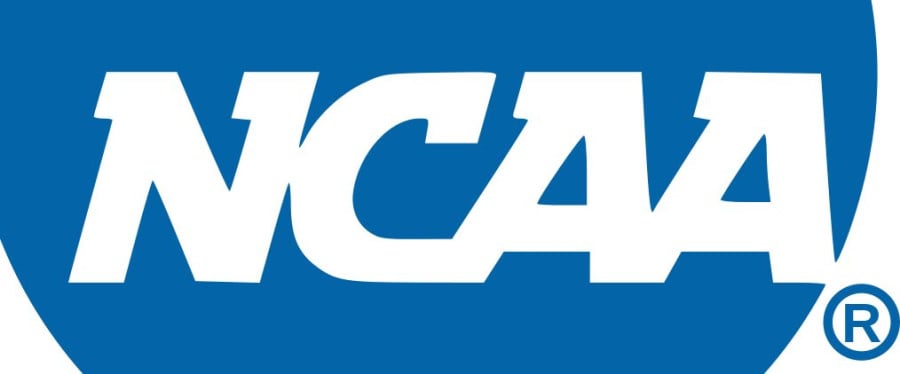New independent infractions process launches
Press Release
5th August 2019
Individuals responsible for important components of the new independent infractions process, which goes into effect today, have been appointed.
NCAA members adopted a series of significant changes in August 2018, including the addition of the Independent Accountability Resolution Process to the existing infractions process. The changes were made based on recommendations issued by the Commission on College Basketball, chaired by former U.S. Secretary of State Condoleezza Rice.
The change brings independent investigators, advocates and decision-makers to the infractions process to minimize perceived conflicts of interest and to add different perspectives to the review of infractions matters. Select complex cases will be eligible for the independent process. Examples of complex cases include alleged violations of core NCAA values, such as alleged failures to prioritize academics and the well-being of student-athletes; the possibility of major penalties; or conduct contrary to the cooperative principles of the existing infractions process.
“The independent infractions process is NCAA members’ most recent effort to continue to hold schools appropriately accountable for conduct detrimental to college athletics,” said Naima Stevenson Starks, the NCAA’s first-ever vice president of hearing operations.
Stevenson Starks will serve as direct liaison to the NCAA Committees on Infractions and Infractions Appeals Committees in the existing infractions process in all three divisions and oversee the staffs that support these committees. She also will provide strategic coordination for the NCAA’s new Independent Accountability Resolution Process.
“The addition of independent voices, those not directly connected with member schools, will provide a different lens through which we evaluate what it means to uphold the values and mission of the Association,” Stevenson Starks said.
Schools, the vice president of enforcement and the NCAA Division I Committee on Infractions chair can request that an infractions matter be referred to the independent infractions process. Negotiated resolution, summary disposition and existing infractions hearings remain available paths for resolution of infractions cases.
The new groups include:
- Independent Accountability Oversight Committee: Made up of three of the newly appointed independent members of the Board of Governors and the DI Board of Directors chair and vice chair. The oversight committee oversees the independent structure and appoints members to the Infractions Referral Committee, the independent investigators and advocates who make up the Complex Case Unit. The oversight committee also recommends the appointment of Independent Resolution Panel members.
- Infractions Referral Committee: Reviews requests to refer cases to the independent process.
- Complex Case Unit: Assesses whether further inquiry is needed, conducts the investigation and shepherds the case through its review.
- Independent Resolution Panel: Reviews allegations and the school’s response to those allegations, conducts the case hearing and determines whether violations occurred and any appropriate penalties.

 Global Summit 2024
Global Summit 2024